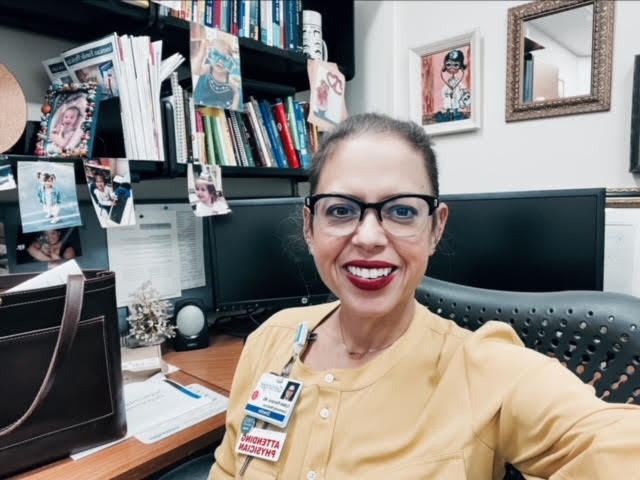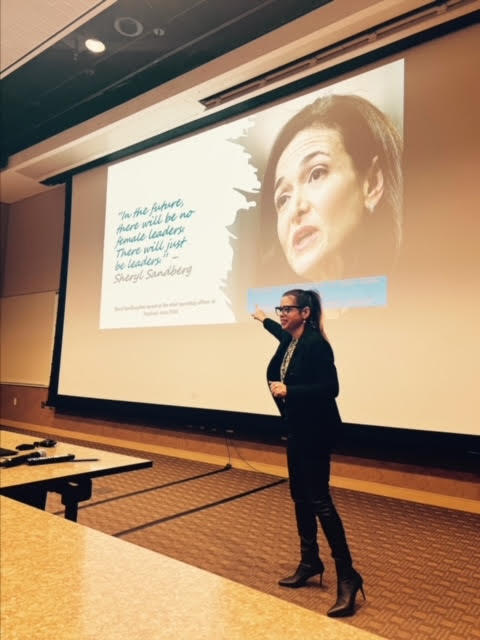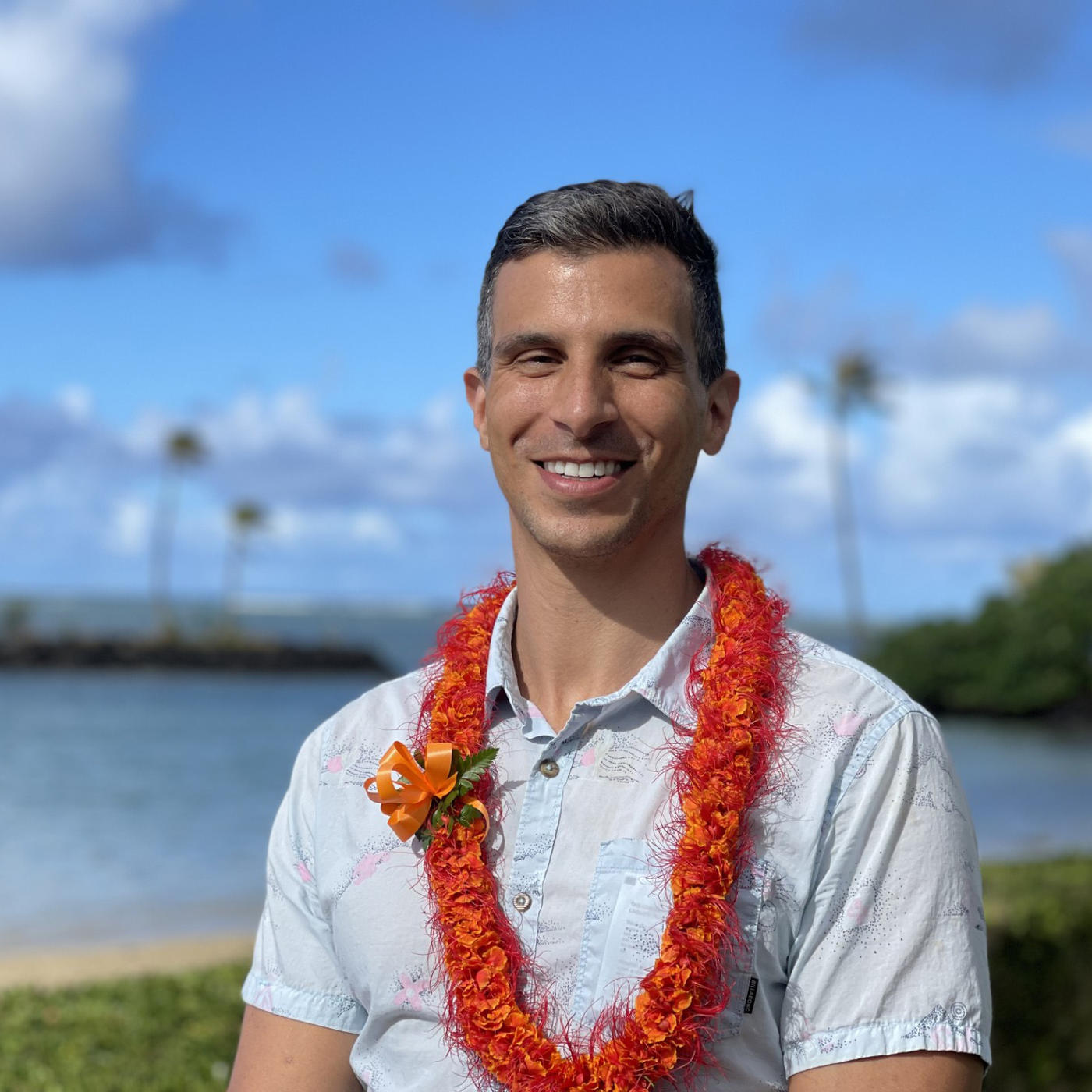For most of her life, American University of the Caribbean School of Medicine (AUC) alum Cybele Pacheco, MD ’06, has worked to address health equity issues in her community and beyond. She serves as the director of senior-focused care for Geisinger Medical Center in Danville, Pennsylvania, where she has worked in various positions for a decade.
Born and raised in New York City, Dr. Pacheco learned to be aware of the factors that influence health outcomes at an early age. “During high school, my grandmother had breast cancer. I went with her to doctor’s appointments, and then hospitalizations. I saw good things about the health care system, but also things that taught me about how the social determinants of health affect health equity. Everyone deserves quality health care, regardless of their social position or background.”
At first, Dr. Pacheco wasn’t set on becoming a physician. A friend who wanted to pursue nursing encouraged her to attend St. Vincent’s Hospital School of Nursing. While there, she had the opportunity to work in the oncology stem cell and transplant unit. “Something clicked for me. I realized I wanted to be a doctor, and I went back to school for a premed program at Manhattan College while doing nursing nights and weekends. I was determined to do whatever it took to get to medical school.”
Observing the determinants of health outcomes
During her premed program, she met an academic director who told her about AUC. When she applied to AUC and was accepted, she found herself deep in study mode for her anatomy and physiology courses and was hitting the milestones to become a doctor.
Next, she was on her way to an AUC-sponsored program in Wexham Park, United Kingdom. “I was able to get a frontline view of socialized medicine in England and witnessed how access to quality health care can profoundly affect the health of society. That’s when population health resonated for me.” Population health considers the social, economic, and environmental factors that contribute to health outcomes, as well as health care access and utilization. “The goal of population health is to improve the health of the entire population, not just a select few.”
After serving as a surgical resident at UConn Health, and as a family medicine resident at Excela Health, Dr. Pacheco held several positions at Geisinger and received her MBA, in addition to being recognized as an American Academy of Family Physicians (AAFP) Fellow. “Geisinger has been my only job out of residency. I started as an attending, and quickly tracked into administration by leading performance and improving processes.” Before her current role managing quality in primary care at Geisinger, she managed five sites. Now, she is focused on a senior care model, promoting continuity of care. “The demographic is mostly seniors here—and we see them come in very sick due to socio-economic inequalities and lack of access to care. Senior care will be the wave of the future.”
Inspiring women physicians to become leaders
Addressing health disparities and representing women of color in medicine has been a dominant theme in Dr. Pacheco’s career. In 2022, she was the keynote speaker at the Penn State University Paul Robeson Cultural Center's Women of Color Empowerment Symposium, speaking about the keys to success and her leadership experiences. “As a woman physician of color in a leadership role, I think it’s important to mentor other women to become leaders. The leadership path is the only way to drive diversity, equity, and inclusion—and the result is better health outcomes for the entire community.”
Dr. Pacheco’s advice for aspiring physicians: “Of course, you need grit and determination to get a medical degree. But it’s an incredibly exciting time to help rewrite the narrative on diversity in medicine. We’re writing the book as we go by encouraging students from diverse backgrounds to attend medical school, and molding women physicians to be the medical leaders of tomorrow.”
Learn how AUC alumni are making a positive difference for their patients here.
Related articles:






